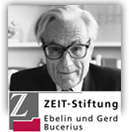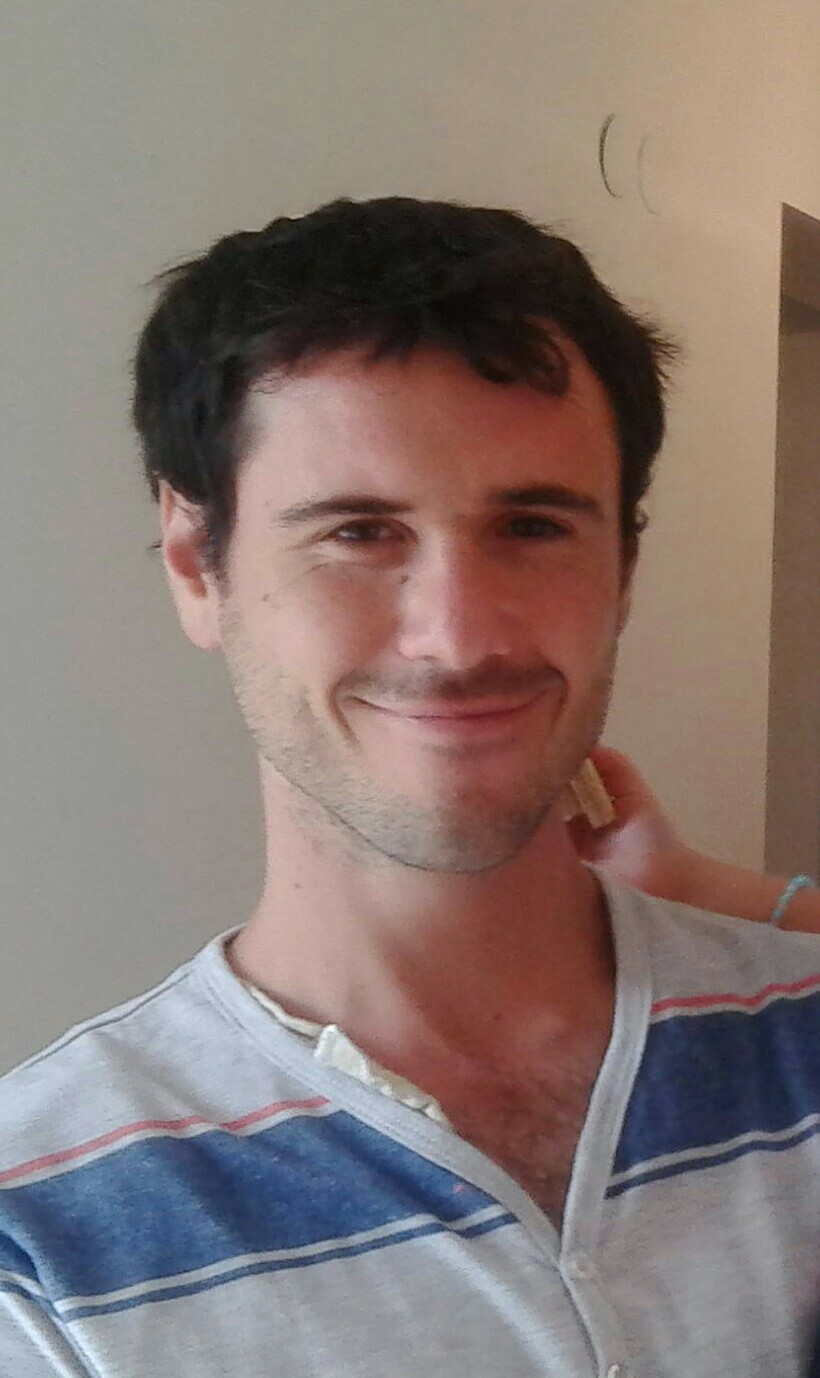Dr. Cedric Cohen Skalli
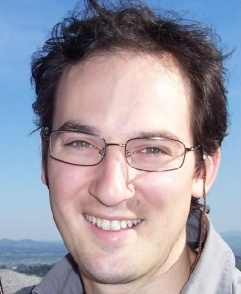
Dr. Cedric Cohen Skalli
Director of the Bucerius Institute
Department of Jewish History
University of Haifa
This email address is being protected from spambots. You need JavaScript enabled to view it.
Dr. Cedric Cohen Skalli teaches early modern and modern Jewish Philosophyat the Dept. of Jewish History at the University of Haifa. His research focuses on the relationship of Jewish thinkers to two main philosophical shifts: the shift from Medieval philosophy to early modern thought (14th-17th century), and the shift from early modern to modern thought (18th-20th century). He published three books and many articles on diverse aspects of Jewish thought and literature in early modern and modern period. He is also translator of many works of Freud, Benjamin, Scholem, Idel and Abravanel.
Research Areas: history of Jewish philosophy, history of German philosophy, philosophy of translation in German context, modern political thought, history of art, aesthetics.
Dr. Balázs Berkovits
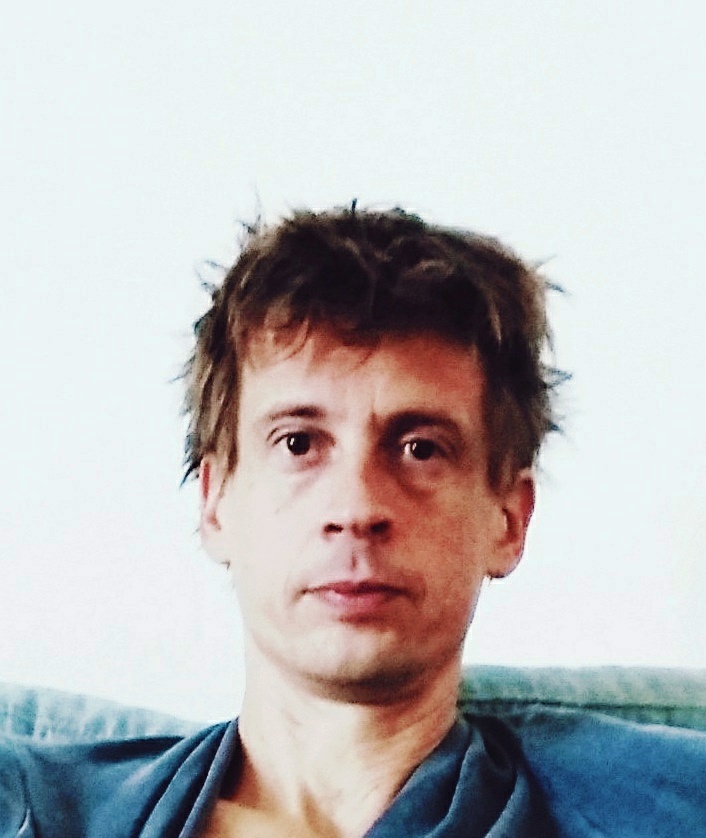
Research Fellow, Post-Doc
Trained as a philosopher and a sociologist (his PhD thesis was written on Michel Foucault’s genealogical method and its relationship to critical sociology), he has published on topics related to the sociology of education, social theory, critical sociology, the epistemology of the social sciences and social constructivism. He is currently working on a study of the reemergence of the “Jewish problem” in contemporary works of philosophical, social and political criticism, understood in the framework of the crisis of social critique. His publications on the topic include "Critical Whiteness Studies and the Jewish Problem", Zeitschrift für kritische Sozialtheorie und Philosophie, Vol. 5, Issue 1, Apr. 2018, and "Social Criticism and the 'Jewish Problem'" in Alvin Rosenfeld (ed.) Anti-Zionism, Antisemitism, and the Dynamics of Delegitimization, Indiana University Press, 2019 (forthcoming). Occasionally, he also works as a translator of social scientific and philosophical works and as a journalist, writing on political and social developments in present-day Hungary for Hungarian, Swiss, and French journals.
Dr. Natasha Gordinsky
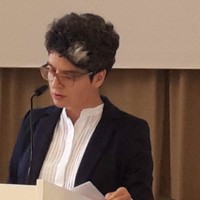
Research Fellow
Dr. Natasha Gordinsky is a Senior Lecturer at the Department of Hebrew and Comparative Literature at the University of Haifa and is a member of the Israel Young Academy. Gordinsky received her PhD in Hebrew Literature from Hebrew University of Jerusalem in 2010. From 2010 till 2012 she was a post-doctoral Fellow of Minerva Foundation at Simon Dubnow Institute for Jewish History and Culture. Gordinsky is an author of two books: Kanon und Diskurs: Über Literarisierung jüdischer Erfahrungswelten, V&R 2009 (together with Susanne Zepp) and In Three Landscapes: Lea Goldberg’s Early Writings, Magnes University Press 2016, that was recently published in German translation under the title »Ein elend-schönes Land« : Gattung und Gedächtnis in Lea Goldbergs hebräischer Literatur, V&R 2018.
Research Areas: Hebrew, German and Russian Literature, Migration Studies, History and Memory, Modernism, Geocriticism.
Dr. Yotam Hotam
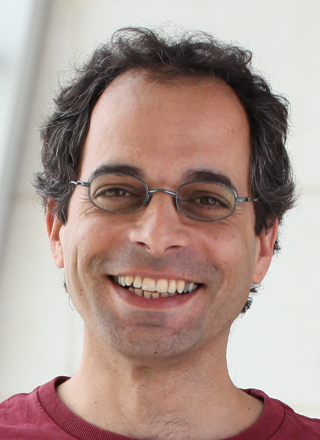
Research Fellow
This email address is being protected from spambots. You need JavaScript enabled to view it.
Yotam Hotam is a senior lecturer in the faculty of education at the University of Haifa. His research focuses on the relations between the "secular" and the "religious" in modern thought, society, politics and education and covers a variety of themes such as religion and theology in the modern-secular world, secular and post-secular debates, critical theory, political-theology, Jewish nationalism and ethics. He served as the head of the "MA Program in the Study of Alternatives in Education" until 2017. Between 2015-2016 he was the Horace W. Goldsmith Visiting Professor in Judaic Studies at Yale, a honorary fellow of the Center for the Humanities at Wesleyan University and a teaching fellow of the Israel Studies Institute in Washington.
Dr. Sharon Livne

Research Fellow
Sharon Livne is a teaching associate and research fellow at the Bucerius Institute for Research of Contemporary German History and Society and at the Jewish History department at the University of Haifa. Her research interests encompass German-Israeli relations in the fields of academy, education, economy and culture.
She has been engaged in several activities in the fields of Oral History, as the academic head of the Oral History Division at theAvraham Harman Research Institute of Contemporary Jewry at the Hebrew University of Jerusalem as well as in organizing conferences and research projects in the subject area. Dr. Livne's current research activity focuses on German-Israeli relations through the eyes of citrus commerce between 1930 to 1990.
Research in 2019:
1.German Banking in Mandatory Palestine and Israel: The Contribution of German Jews to the Development of Local Banking, 1933-1948
2. Fruitfull Commerce: The Citrus Trade in Israeli-German Relation
Dr. Orr Scharf
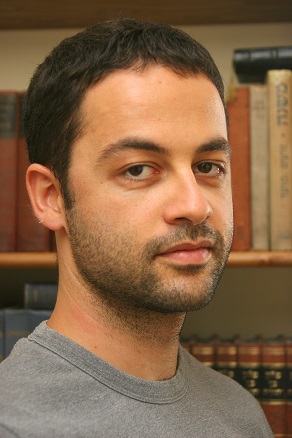
Reaserch Fellow
Dr. Orr Scharf teaches at the Cultural Studies M.A. Program at The University of Haifa. His research explores the cross-fertilization of ideas and methodologies between Jewish and Christian thinkers, and the ways in which the historical evolution of the two faiths—from antiquity through the modern era—has shaped modern discourses in philosophy, theology, and related disciplines. He is author of Thinking in Translation: Scripture and Redemption in the Thought of Franz Rosenzweig (De Gruyter, 2019), and editor of volume 5 in the critical edition of Martin Buber's complete works, Vorlesungen über Judentum und Christentum (Gütersloh, 2017). He has published articles on topics such as translation and cultural appropriation, theology and political thought, and on the impossibility of translation.
Daniel Gross
Ph.D. Candidate
Daniel Gross studies Jewish Though at Haifa University on an excellence scholarship and a research assistant of Prof. Amos Morris Reich.
Theme of the dissertation: „Understanding Franz Rosenzweig's Concept of Love through The Role of Love in his Life
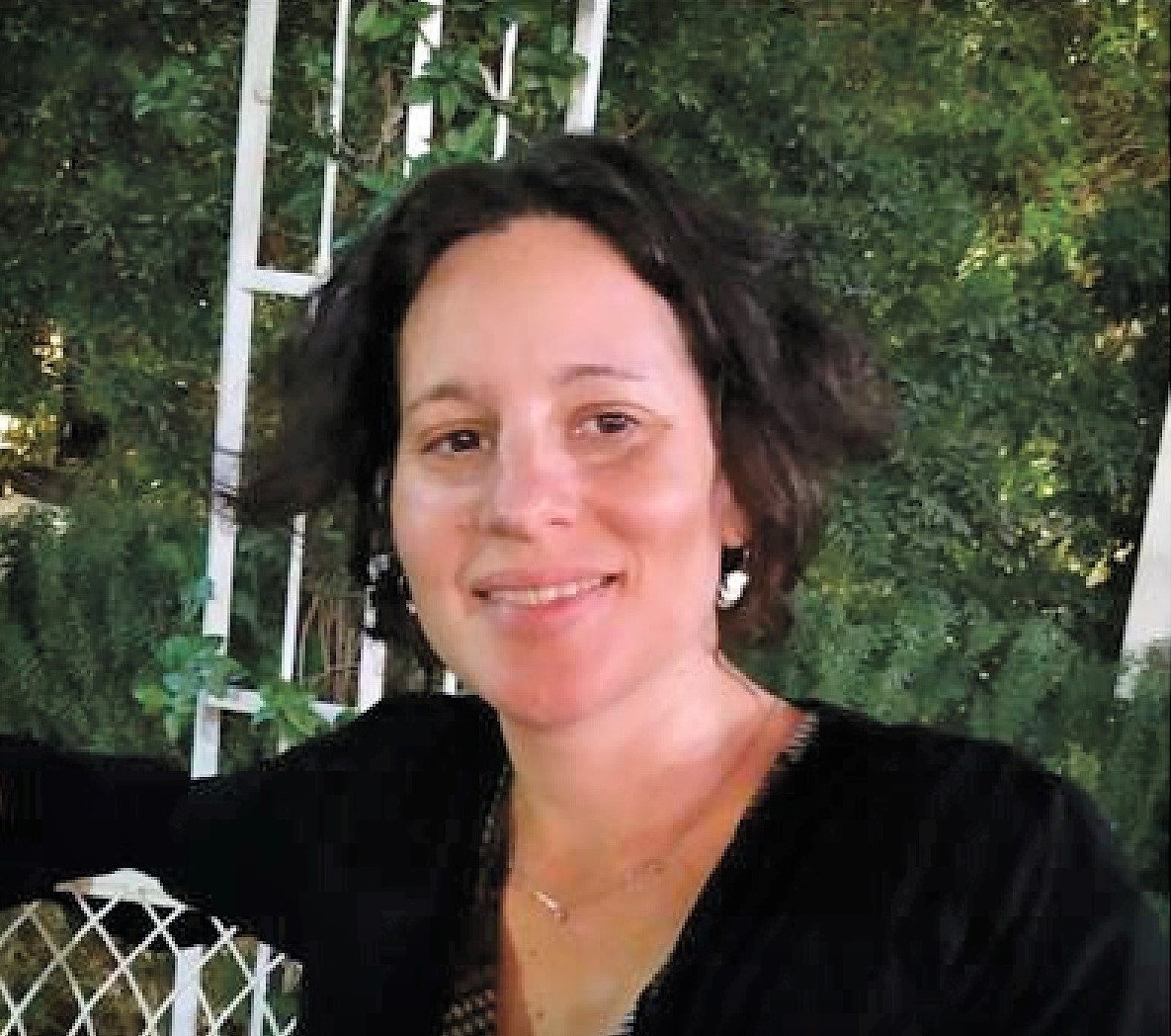
Adjunct Researcher and Ph.D Candidate
Silvana Kandel Lamdan has a BA in Philosophy and Jewish Thought and a MA in Jewish Thought from the Hebrew University of Jerusalem. Today she is a Ph.D. candidate at the University of Haifa, under the supervision of Dr. Cedric Cohen Skalli. In her doctoral research, she intends to analyze historically, philosophically and theologically the intellectual interchange between Judaism and radical political Latin American Liberation Theology in the years 1960s-1980s. She is conducting a critical study of the explicit and implicit dialogue that the first generation of liberation theologians had with the Jewish tradition and with modern Jewish thinkers, especially those from German-speaking milieus like Hermann Cohen, Martin Buber, Franz Rosenzweig, Ernst Bloch, and Walter Benjamin. At the beginning of their intellectual careers, many Latin American theologians that would later become the referents of the various branches of Liberation Theology (like Gutierrez, Scannone, Ellacuría, Dussel, and others), spent a period studying in Europe, mostly in Germany, Belgium, and France. There they were exposed to Jewish social and political thinking, either through direct reading of their writings, or through the mediation of leading Christian pre and post-Holocaust German theologians like Karl Barth, Jürgen Moltmann, Johann Baptist Metz, and others, whose theologies would have a significant influence in these nascent Latin American revolutionary trends. Silvana is studying how “Jewish ideas” in intense dialogue with both Jewish tradition and German culture, would be transformed by Christian theologians, in the context of Latin American oppressive regimes of the 1960s and 1970s, into radical political and theological ideas.
Niv Perelsztejn

Adjunct Reseracher
Niv Perelsztejn is a graduate student in the program for outstanding students of the Department of Jewish History at the University of Haifa, writing his M.A. thesis under the supervision of Dr. Cedric Cohen Skalli on the interrelations between the philosopher Emmanuel Levinas and Israeli intellectual arena, and Levinas' early reception in Israeli academia. His research follows the course of Levinas' biography and writings in France and in Germany, in their historical context and vis-à-vis writings of prominent Israeli scholars and public figures. His research implements historical work with philosophical reading, in order to interpret and understand both Levinas' writings and Israeli intellectualism, alongside the social and cultural transformations that were intertwined in the reception of Levinas' philosophical and Jewish writings in Israel.




